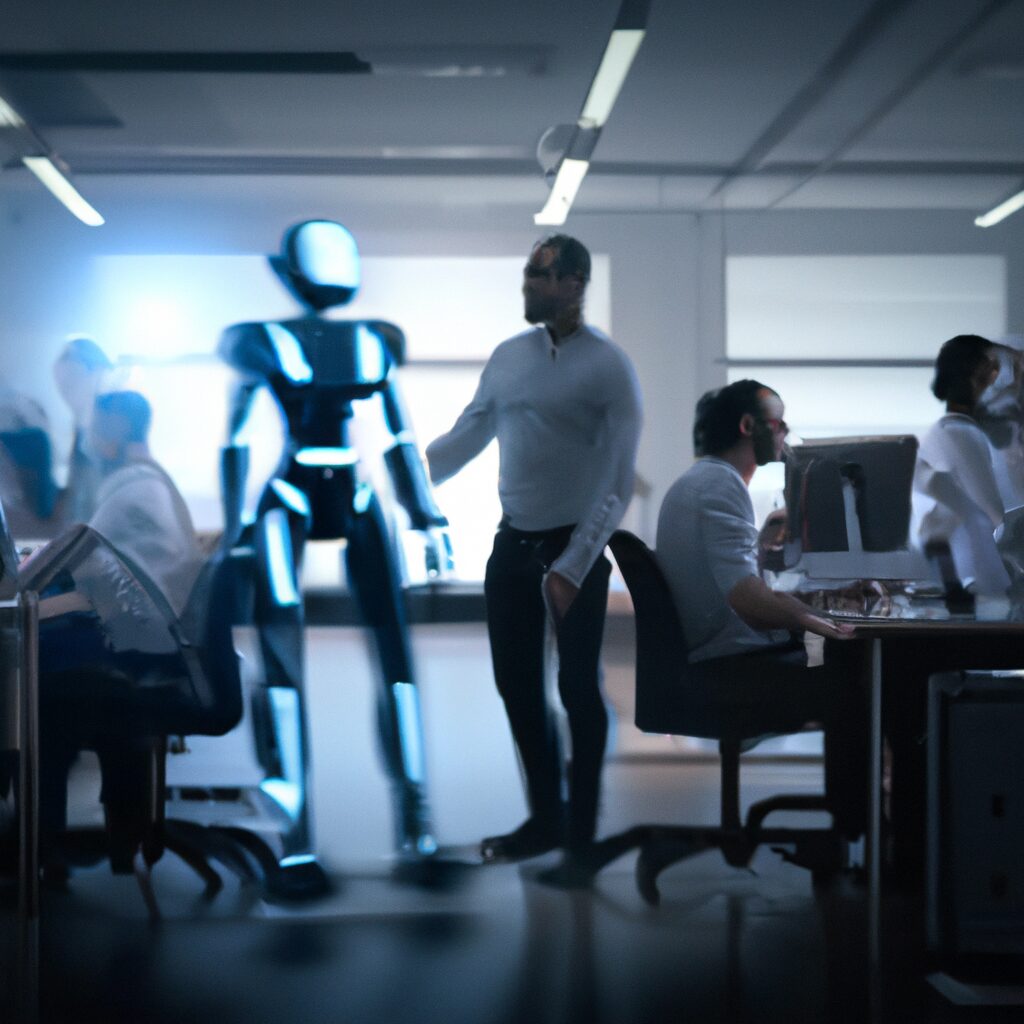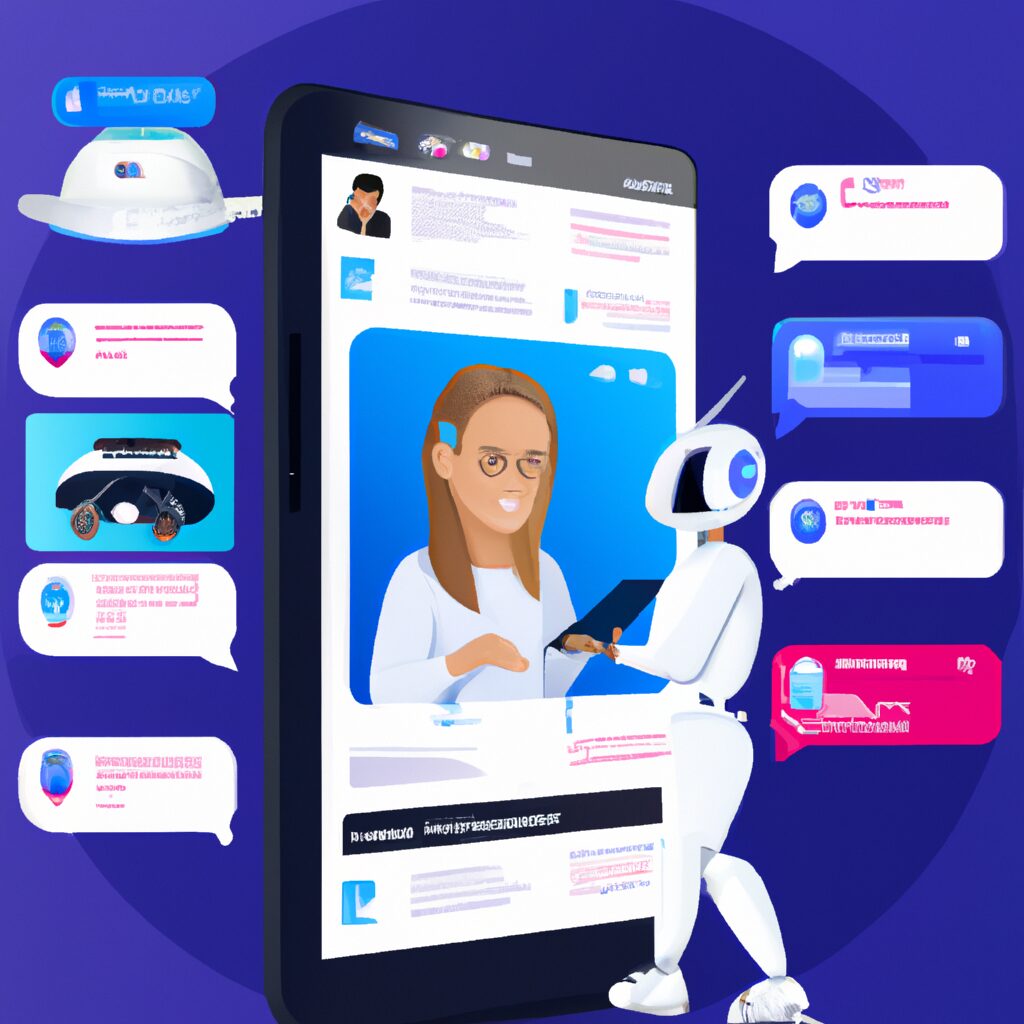The Era of AI Chatbot Assistants: Revolutionizing Human Interaction
- February 19, 2025
- Posted by: Mai - CF Brand Ambassador
- Category: Daily Blogs
The Era of AI Chatbot Assistants: Revolutionizing Human Interaction
The Rise of AI Chatbot Assistants
In recent years, AI chatbot assistants have evolved from basic question-answer systems to sophisticated entities capable of understanding complex queries and engaging in meaningful dialogue. This evolution has been facilitated by advancements in natural language processing (NLP), machine learning, and cognitive computing. As a result, chatbots have become integral to various applications across industries, from customer service to healthcare.
Transformative Benefits of AI Chatbot Assistants
- 24/7 Availability: Unlike human agents, chatbot assistants can operate around the clock, offering assistance at any time of the day.
- Cost Efficiency: Deploying chatbots reduces the need for large customer service teams, leading to significant cost savings for businesses.
- Enhanced Customer Experience: By providing quick and consistent responses, chatbots improve customer satisfaction and engagement.
- Scalability: Chatbots can handle multiple queries simultaneously, making them highly scalable compared to human counterparts.
Applications Across Various Sectors

AI chatbot assistants are being utilized in diverse sectors to enhance operational efficiency and customer satisfaction:
- Healthcare: In healthcare, chatbots assist with scheduling appointments, providing medical information, and even offering mental health support.
- Finance: In the finance sector, chatbots handle queries about account balance, transactions, and offer financial advice.
- Retail: Retailers use chatbots to guide customers through product selections and manage inventory inquiries.
- Education: Educational institutions deploy chatbots for administrative tasks, providing learning resources, and enhancing student engagement.
Challenges and Future Directions
Despite their advantages, AI chatbot assistants face challenges such as understanding nuanced human emotions and dealing with complex queries requiring human intervention. However, ongoing advancements in AI are addressing these issues, making chatbots more empathetic and context-aware.
Looking to the future, AI chatbots are expected to become more integrated into everyday life, acting as personalized assistants that can adapt to individual user preferences and needs. This evolution will further blur the lines between human and machine interaction, offering unprecedented opportunities for innovation and efficiency.

